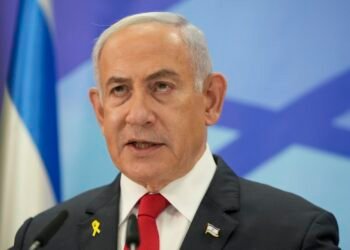The bypoll results reflect Meghalaya’s resistance to the BJP’s Hindutva rhetoric in its Christian-dominated population. Analysts argue that the BJP’s efforts to project a secular image locally are undercut by its national religious narratives, further alienating voters in the state.
BY PC Bureau
The bypoll, necessitated by Saleng A. Sangma’s election to the Lok Sabha, resulted in a decisive victory for the ruling National People’s Party (NPP). Mehtab Chandee Sangma, wife of Chief Minister Conrad K. Sangma and a first-time contender, claimed the seat with 12,678 votes, accounting for 42.1% of the total. Her closest challengers were Sadhiarani M. Sangma of the All-India Trinamool Congress (AITC), who garnered 26.84%, and Jingjang M. Marak of the Congress, who secured 25.55%. Meanwhile, the BJP and independent candidates were relegated to the margins, each receiving less than 3% of the vote share. The outcome further reinforced the NPP’s dominance in state politics.
Meghalaya’s demographic composition significantly influences its political landscape. Christians form the majority, constituting approximately 74.59% of the population, reflecting the enduring influence of missionary activities. Hindus make up 11.53%, Muslims 4.40%, and indigenous faiths classified as “Other Religions” around 8.71%. Smaller minorities, including Buddhists, Sikhs, and Jains, account for less than 1% collectively. Christianity’s widespread prevalence is notable across all districts, creating a challenging terrain for the BJP’s Hindutva narrative.
Acknowledging this challenge, BJP spokesperson Mariahom Kharkrang conceded that the party’s Hindutva ideology has been a liability in the state. He accused rival parties of weaponizing religion as a political strategy to counter the BJP. “This card is being played successfully, and the BJP is taking the hit,” Kharkrang said, lamenting that opponents avoid discussions about the comparative development achieved in BJP-ruled states. “If the conversation were about development, people would vote for us. But they focus on religion, which works against us here.”
Political analysts suggest that while the BJP’s national image is intertwined with its overtly religious rhetoric, the party has sought to adopt a more secular posture in Meghalaya. However, the deep-rooted Christian identity of the electorate has made the BJP’s Hindutva brand largely unacceptable, further complicating its efforts to expand its influence in the state.














